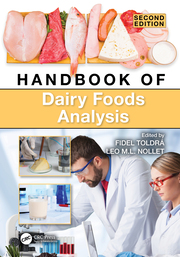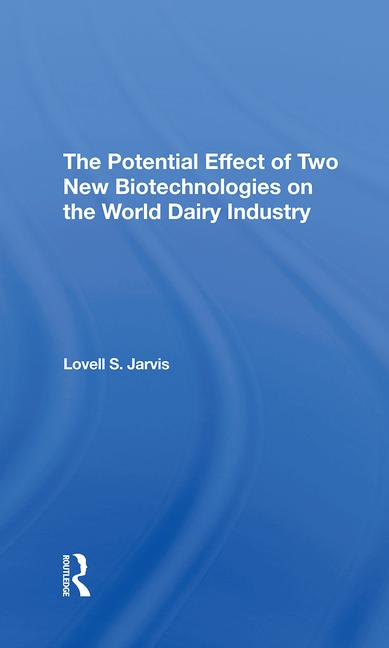Probiotics might improve mood
New research explores the role of probiotics and the gut-brain axis in improving a range of cognitive and emotional functions.

Over 2,300 years ago Hippocrates said, “All disease begins in the gut.” Scientists are now beginning to unravel the link between the gut, inflammation and a wide range of central nervous system disorders.
One of the newer and more exciting areas of probiotic research is the exploration of probiotics’ role in improving mood and their potential in disorders such as depression, anxiety, autism spectrum disorder, chronic fatigue and schizophrenia.
Exploring the gut-brain axis
The gut-brain axis refers to the bi-directional communication between the brain and the gut which may play a key role in the stress response and in maintaining brain health.
“Although most research has been in animal models, clinical trials in humans are exploring the role of probiotics on brain and behavior. The term ‘psychobiotics’ describes live bacteria that promote mental health and well being,” said Catherine Stanton, Teagasc Moorepark Food Research Center, Cork, Ireland.
A new book, “The Gut-Brain Axis” (Elsevier) explores dietary, probiotic and prebiotic intervention on the microbiota across the life span. Edited by Stanton and Niall Hyland, two researchers from the APC Microbiome Institute, the book details regulatory considerations, market potential and the role of germ-free animals in unraveling how the microbiota affects the brain and behavior.
The book explains that the gut microbiome in early life sculpts the development and maturation of key host regulatory systems. Altered neonatal colonization may impact intestinal barrier and immune maturation, the gut-brain axis and therefore ultimately contribute to development of gastrointestinal and psychological disorders. Associations have been shown between impaired GI function and autistic spectrum disorder, Alzheimer’s disease and Parkinson’s disease.
Diet appears to be one of the main modulators of gut microbiota compositions. Culture-independent studies of subjects from industrialized vs. non-industrialized communities have revealed specific gut microbiome adaptations to their respective diet and lifestyles. Understanding the role that the human microbiota plays in aging will help scientists understand how the microbiome might be modulated by diet or other interventions to delay aging-related health loss.
Probiotics from breast milk
The first months of life are a critical time for establishing the physical and emotional health of babies. Novel probiotics bacteria sourced from human breast milk show potential for helping mother and child get off to a healthy start.
“Probiotics are an alternative to antibiotics to prevent and treat mastitis in breastfeeding women. They are also included in infant formula to promote a healthy microflora and prevent infections. Current clinical trials with a Bifidobacterium breveare exploring how these probiotics might relieve colic in infants,” said Iago Quintana, market manager for Biosearch Life, Madrid.
Their probiotic, sourced from breast milk, was one of only eight strains approved by the Ministry of Health for use in infant formula in China. Another of their strains is currently being used in fermented milk drinks in South America to improve gut health, boost immune health and reduce the incidence of allergies in children.
Expanding dairy applications
Additional evidence for the link between a healthy microbiome and brain function has been shown in a recent clinical trial with prebiotics. Clasado produced a novel galacto-oligosaccharide from dairy lactose using a proprietary enzyme system derived from the probiotic Bifidobacterium bifidum.
“In a recent trial, participants who consumed this specific prebiotic for three weeks showed lower cortisol awakening response and decreased attentional vigilance to negative information,” said Geoff Collins, marketing, Clasado Research Services, UK.
Additional trials are warranted to explore potential to decrease other stress-related disorders. The advantage of these prebiotics is that they can be used in shelf-stable dairy applications.
Most documented probiotics strains can grow during fermentation in milk, which makes it more affordable to achieve an effective dose. Cultivation in milk can also improve survival during shelf life.
“Results of recent research indicate that milk, as a delivery matrix or growth medium, has an effect on expression of certain metabolic process in probiotics itself that improve the beneficial effect on our health. In simple terms, when our [proprietary] researched probiotic strain was grown in milk, it had improved immune-modulatory properties in comparison to being added into already fermented base,” explained Mirjana Curic-Bawden, probiotics application manager, Chr. Hansen.
Probiotics have a long history of association with dairy products. Research on probiotics and the gut-brain axis will be an exciting area for the dairy industry to follow in the next decade.
Looking for a reprint of this article?
From high-res PDFs to custom plaques, order your copy today!







